Case studies
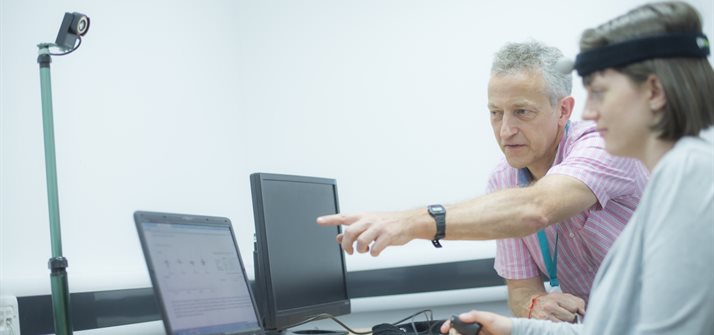
Our clinical-academic collaborative partnership is the foundation of our success. From mature technologies already on the market and improving patient care, to a vibrant spinout company portfolio to our emerging technologies, we have an excellent track record of supporting the pathway to clinical adoption.
A small selection of our technologies are presented here and others can be found in the capabilities pages or use the search function to find out what we're doing in different clinical areas.
Commercial highlights
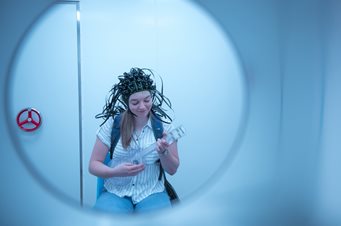
Our Magnetoencephalography (MEG) scanner is revolutionising brain imaging with new wearable sensors and is being brought to market by Cerca Magnetics Ltd
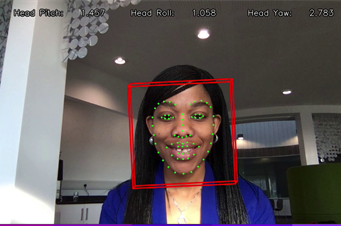
Our facial and voice recognition technology can assist with the diagnosis and monitoring of mental health conditions, being commercialised by BlueSkye AI Ltd
Emerging technologies
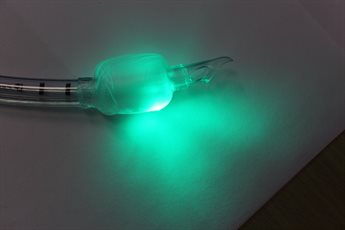
Our endotracheal tube aims to minimize tracheal injury during intubation and reduce the incidence of ventilator-assisted pneumonia.
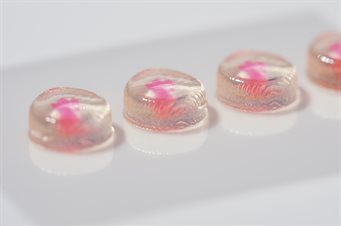
We are developing 3D-printed personalised medicines capable of delivering multiple medications at the correct dose and time.
Technologies in clinical use

General practitioners are better equipped to reduce the human and societal cost of prescription errors following a national roll-out of the PINCER tool
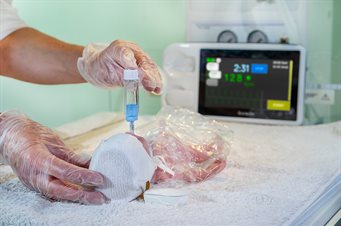
The SurePulse optical sensor will enhance resuscitation of babies in neonatal intensive care, and supporting clinical staff to make confident time critical decisions
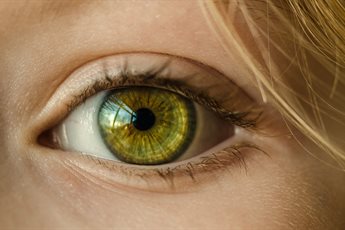
Trauma patients rushed to A&E with serious eye injuries can now benefit from NuVision's ground-breaking sight-saving wound dressing
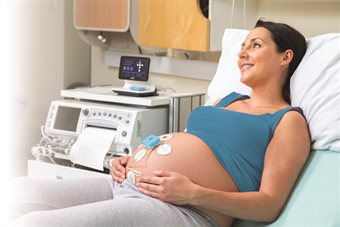
Spin-out company, Monica Healthcare, developed a technology for monitoring expectant mothers, which has been used by over 100,000 patients worldwide. Monica was bought by GE Healthcare in 2017.
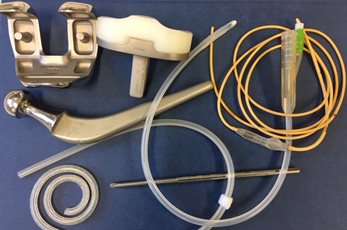
Bactiseal(R) antimicrobial catheters, commercialised by Codman have dramatically cut infection rates for over a million hydrocephalus patients worldwide.
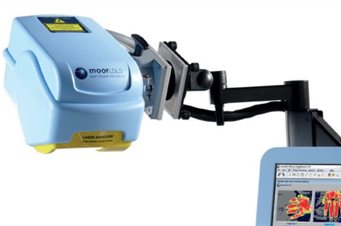
High-speed imaging is transforming the outcomes of thousands of children each year who are rushed to hospital with burns injuries
A to Z of Case Studies
- Description
- We have developed a class of materials resistant to bacterial attachment used as a medical device coating. The materials resist bacterial attachment, rather than killing the bacteria, which has the advantage that that biofilm colonisation is prevented, potentially preventing infection in patients, and that the coating should therefore not contribute to bacterial resistance. This is being commercialised with Camstent Ltd
- Description
- Our research is applied to various clinical areas. Featuring a selection of more than 30 case studies in clinical application to improve patient outcome.
- Description
- Read our list of more than 30 case studies on how technologies in healthcare improve patients' outcome, helps researchers translate ideas and also contribute to the medical world .
- Description
- Using optical microscopy in this surgical technique, called tissue-conserving surgery, we can now produce images of individual cells and tumours with micron-scale spatial resolutions in only 20 minutes, making it clinically relevant and increasingly employed in the treatment of cancer, such as skin or breast.